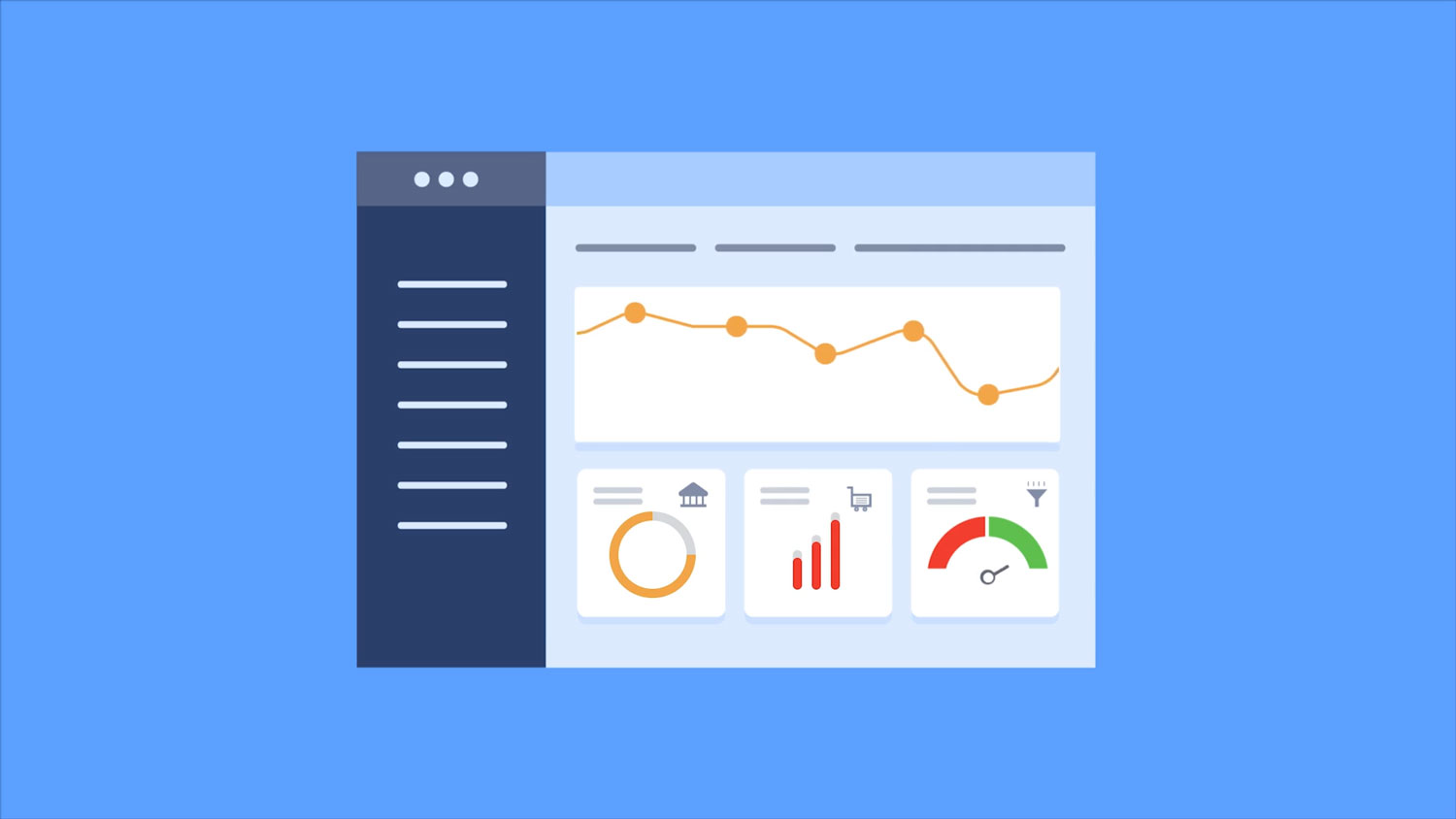Why Internal Linking is Important to SEO
Internal linking is a phrase that often appears when SEO is being discussed and it is considered to be an important SEO ranking factor.

It has been a few months since Google officially announced the sunsetting of Universal Analytics, yet there is still a lot of confusion about why, how to migrate and when to do it.
In this article, we are going to look into what Google Analytics 4 is, why Google has made the decision to swap, why you should switch and how.
Let’s start at the beginning...what exactly is GA4?
GA4 is the fourth major release of Google’s free website tracking software. As of July 1st 2023, it will become the sole option for tracking visits via your site (unless you want to pay for software provided via a third party). Universal Analytics will stop tracking users and eventually Google will delete all historical data on the platform (but nobody is quite sure when this will happen and some are questioning if Google really will delete years of historical data).
The main difference between Google Analytics 4 and Universal Analytics is the ability to be able to track all platforms in one place. GA4’s new cross-platform approach allows users to have an overview of the whole marketing performance without the need to segregate the data via web or app.
Some other key features of the new version of Analytics include:
In short, YES!
Eventually, you will have no choice but to switch from UA to GA4. When Google makes the switch in July 2023, Universal analytics will no longer collect any data and will become obsolete, essentially it’s being turned off.
So apart from the upcoming switch-off, why should you choose to migrate now? Well, quite simply put GA4 offers superior tracking in a cookieless world. Why wouldn’t you want to switch?
GA4 focuses on user engagement and event-based data. ‘Bounce Rate’ is out and being replaced by much more in-depth engagement metrics; things such as ‘engaged sessions’, ‘Engaged Users’ and ‘Engaged time’. More user-focused metrics allow you to delve deep into how your site is actually performing rather than just telling you that a user left your page with little other insight.

Google Analytics 4 also has a much more privacy-first focus in comparison to Universal Analytics. With features such as anonymised IPs by default and data retention of 14 months, much lower than UA’s data retention of 50+ months. Google Analytics 4 also ensures GDPR compliance by relying on first-party cookies.
You may start to see a drop in users being tracked via UA but this doesn’t mean you have lost rankings or your SEO team isn’t performing! This may be because UA can no longer track those that do not accept Cookies. GA4 can fill in those gaps and you give you greater insights!
Aside from all of the great upgrades that Google is offering with GA4, there is another strong reason why we recommend migrating to GA4 as soon as possible! As the two platforms collect data in different ways, there is no way to move your old Universal Analytics data over to the new GA4 platform. This means that the sooner you start to collect data on GA4, the more you will have for comparisons when UA does stop collecting. If you chose to wait to migrate and only do so when UA stops tracking, then you will be starting from scratch on GA4 with no historical data and you will not be able to do any comparisons or reporting.
Thankfully, Google has made the switch from UA to GA4 relatively simple if you use the correct setup. However, there are considerations you need to make before you start your journey to more detailed traffic data!
The CB Digital Marketing team are already helping clients roll out the migration of their Analytics. Contact us today and we can help you move over from Universal Analytics to Google Analytics 4!